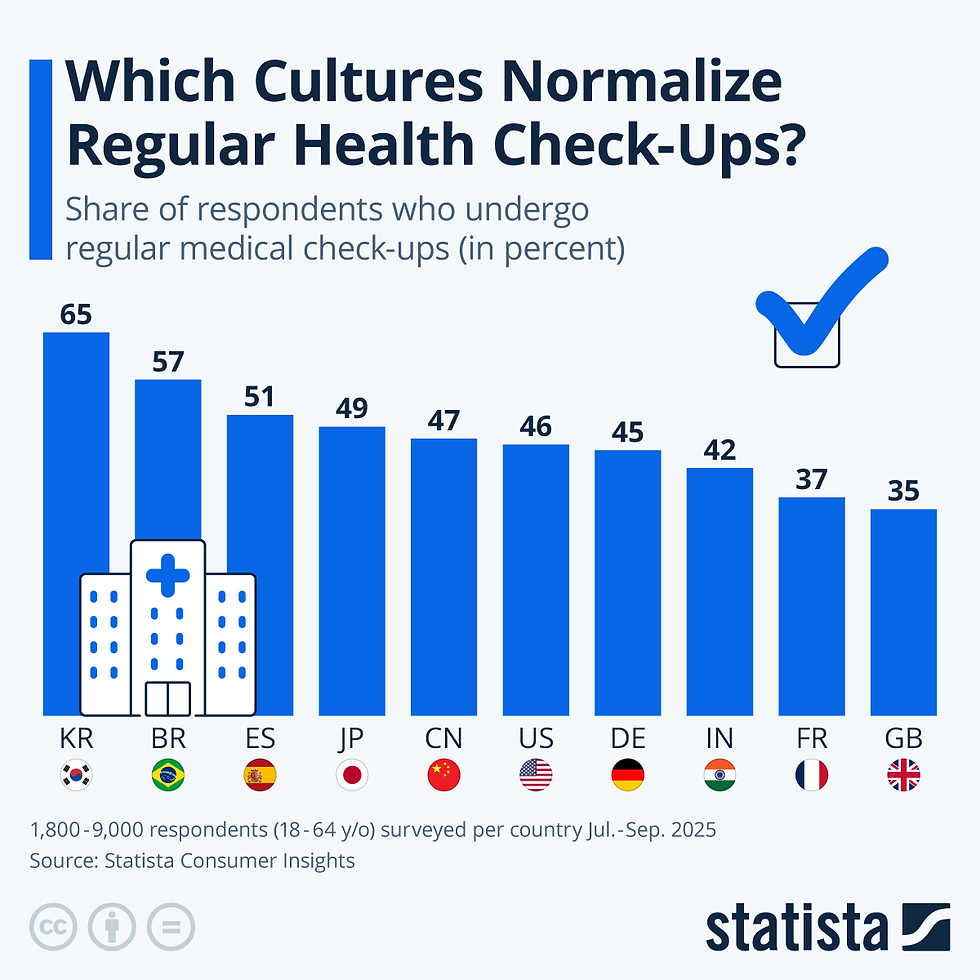The 10 Most Polluted Cities in the European Union
- raquelasg7
- Feb 18, 2024
- 2 min read
This article is published in collaboration with Statista
by Anna Fleck
The Dubai conference on climate change, or COP28, is currently underway, running from November 30 to December 12, 2023. The international conference will bring together representatives from countries that are signatories to the United Nations Framework Convention on Climate Change. One of the main objectives of COP28 is to continue the development of energy transition and accelerate the phase-out of fossil fuels, major sources of greenhouse gasses and air pollutants. Beyond their impact on the climate, fossil fuels such as coal, oil, and gas also pose significant pollution problems; for example, their combustion emits fine particles (PM2.5).
According to the World Health Organization (WHO), prolonged exposure to these particles is likely to create or worsen various health problems, such as high blood pressure or diabetes. While the WHO has recommended a maximum level of five micrograms of PM2.5 per cubic meter of air for prolonged exposure since 2021, the vast majority of cities in the European Union far exceed this threshold.
As shown in this infographic based on data from the European Environment Agency compiled by Toute l’Europe, the most polluted city in the EU in 2021-2022 was Slavonski Brod, Croatia, where the average exposure to fine particles (PM2.5) was nearly six times the recommended maximum level, or 28 μg/m³. Many of the cities most affected by PM2.5 are located in Poland, a country still heavily dependent on coal, which produces a high amount of fine particles when burned. In Italy, the Po Valley, due to its geography and high concentration of industrial activities, remains one of the most polluted regions in Europe in terms of fine particles, resulting in two of the region's cities ranking towards the top of the list.
On the same topic: the ten least polluted cities in Europe.
Start leaning Data Science and Business Intelligence tools:
createandlearn#analytics#dashboard#finance#accounting#tableau#powerbi#excel#sales#datascience#businessintelligence





























Comments